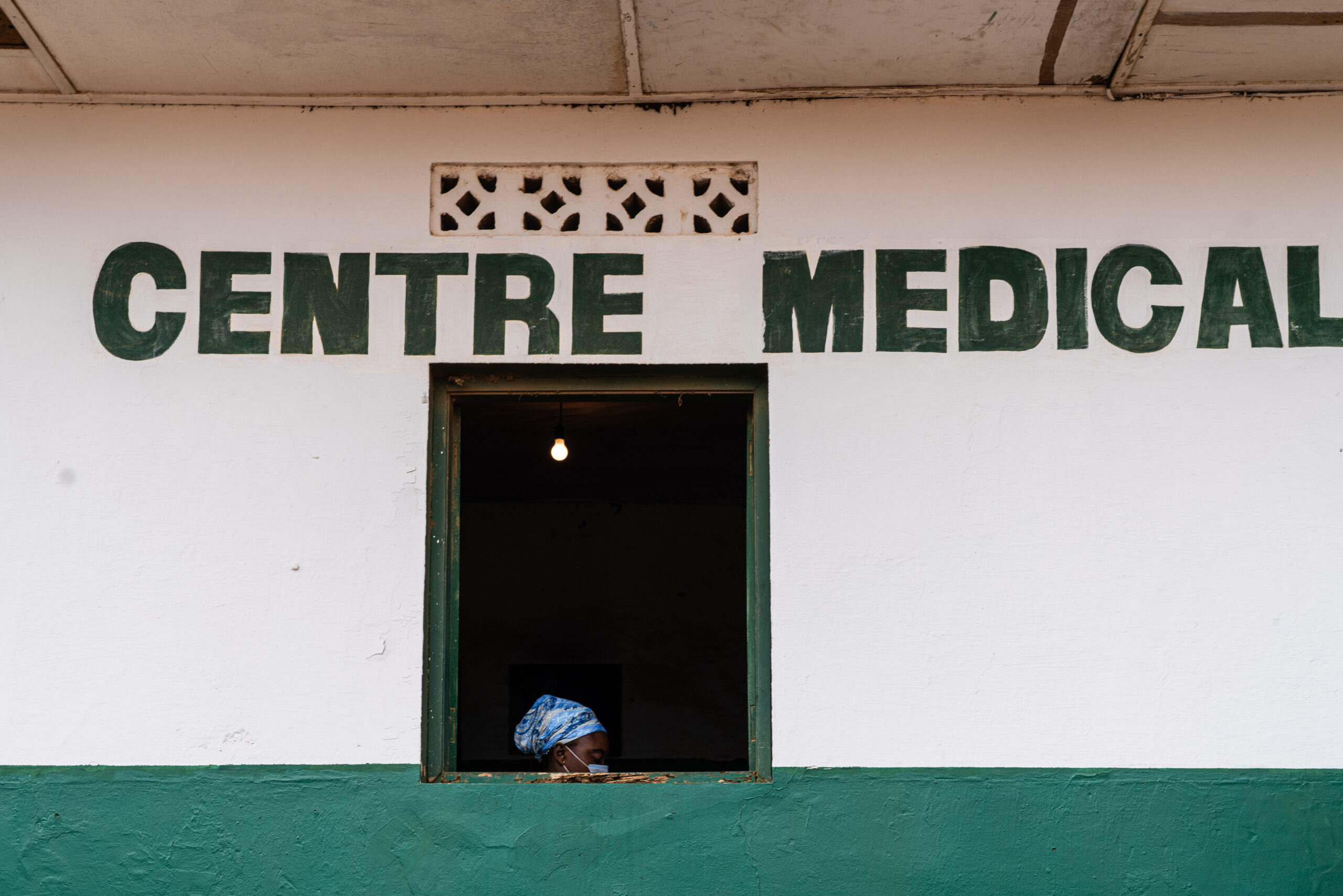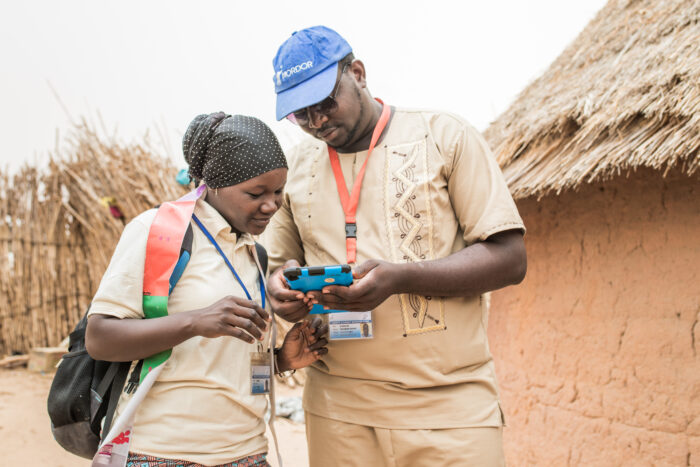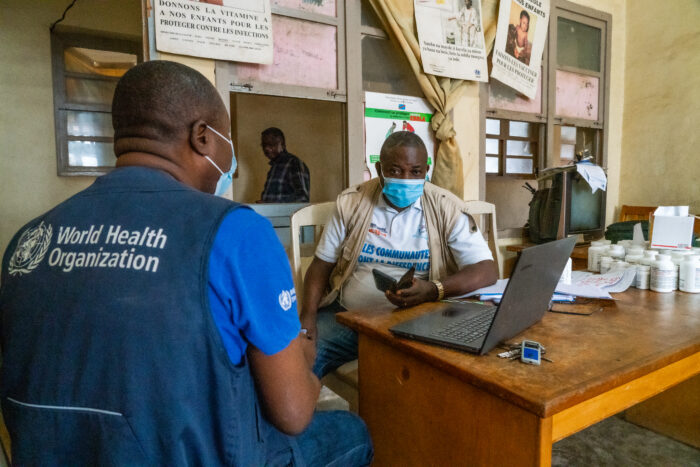Understanding how delivery systems improve health outcomes and where they fail to do so is critical for increasing their efficiency and efficacy. All aspects of global health, from eradication efforts to outbreak control to good nutrition, rely on properly functioning healthcare delivery systems. IDM uses quantitative methodology to support system improvement, including improving methods for estimating morbidity and mortality in data-sparse environments, developing novel data analyses for understanding the links between health systems and health outcomes, and improving surveillance to identify the barriers to health seeking and quality of care. These analyses are then utilized to develop novel, shareable models for health system professionals.


Our mission
To improve health outcomes for vulnerable communities by driving smarter interventions and more effective investments into health systems.
Our approach
We apply a range of methods for our research into how these dynamic, complex systems function. Our analyses leverage both statistical approaches (e.g., regression, clustering, geospatial smoothing, small area estimation) and stochastic models (e.g., Monte Carlo models, agent-based models) depending on the needs of a particular research question. Often, generating insights involves repurposing existing datasets in novel ways, linking multiple data sources together to create a more complete picture than has been previously possible, or leveraging non-traditional sources of information. In doing so, we both generate useful research findings and push the field forward by demonstrating what is possible.

Publications
Software developed by IDM is freely available; you are encouraged to try out the tools developed for use on this topic!
Code and tools
Software developed by IDM is freely available; you are encouraged to try out the tools developed for use on this topic!
View all code and tools